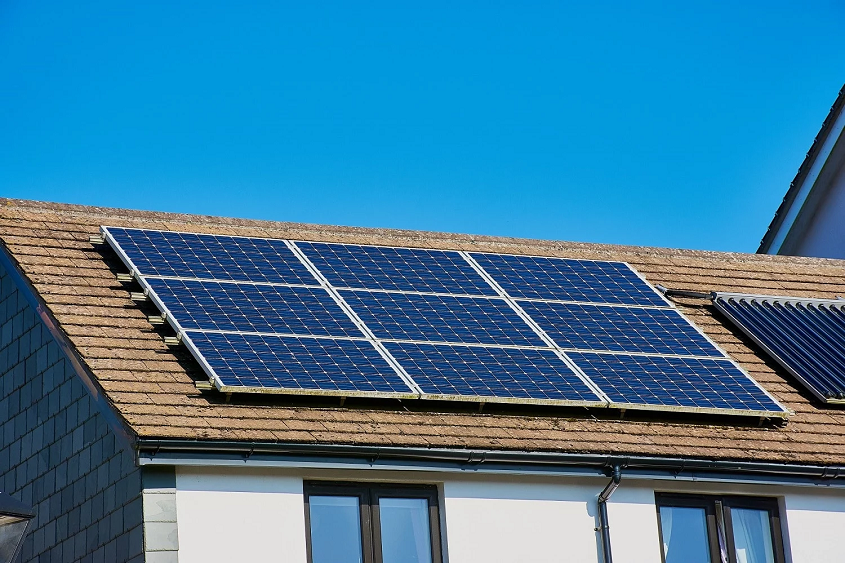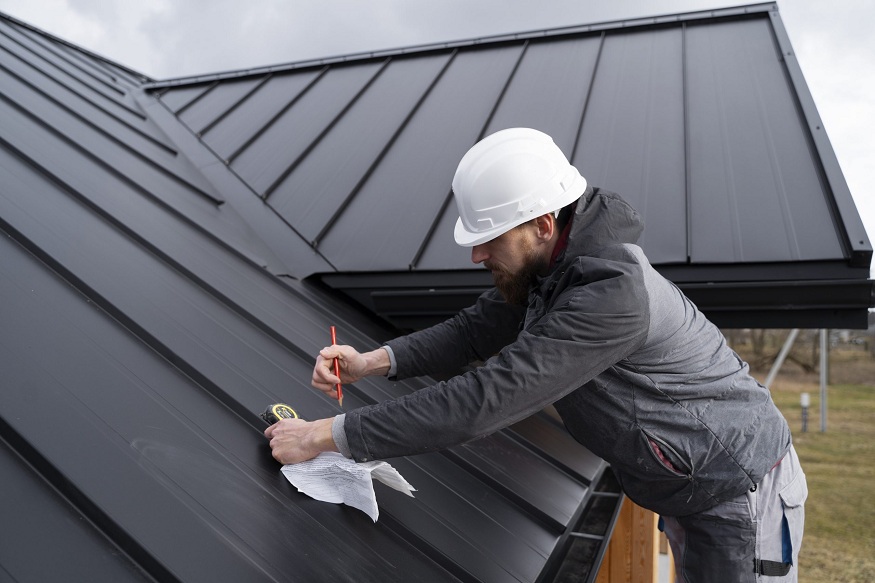Solar panel systems have gained immense popularity in recent years as a sustainable and cost-effective solution for generating electricity. However, with their rise in popularity, several myths and misconceptions about solar panels have emerged. It’s important to separate fact from fiction and debunk these common myths to provide accurate information to those considering solar panel installations. Let’s explore and debunk some of the most prevalent myths surrounding solar panel systems.
Myth 1: Solar Panels are Too Expensive
One of the most persistent myths about solar panel systems is their perceived high cost. While it is true that solar panel installations require an upfront investment, the long-term financial benefits outweigh the initial expense. Additionally, there are various government incentives, tax credits, and financing options available to help make solar panel installations more affordable. When considering the long-term savings on energy bills and potential revenue from selling excess energy back to the grid, solar panels can provide a solid return on investment.
Myth 2: Solar Panels are Inefficient and Don’t Work in Cloudy or Cold Climates
Another myth surrounding solar panels is that they are only effective in sunny and warm climates. While it is true that solar panels perform best under direct sunlight, they can still generate electricity in cloudy or cold conditions. Solar panels work based on light absorption, not heat, so even on cloudy days, they can generate a significant amount of electricity. Some regions with colder climates have seen a rise in solar panel installations and successful energy generation. It’s important to note that solar panels are designed to work in a wide range of climates and can still produce electricity even in less ideal weather conditions.
Myth 3: Solar Panels Require High Maintenance
Some people believe that solar panels require frequent and costly maintenance. However, the truth is that solar panels are designed to be low-maintenance and require minimal upkeep. In most cases, occasional cleaning of the solar panels to remove dust or debris is sufficient to maintain their optimal performance. Additionally, reputable solar panel manufacturers offer warranties that cover any defects or performance issues, providing peace of mind to homeowners and businesses.
Myth 4: Solar Panels Have a Negative Environmental Impact
Contrary to popular belief, solar panels have a positive environmental impact. While the manufacturing process of solar panels does have some environmental impact, it is significantly outweighed by the carbon emissions saved throughout their lifetime. Studies have shown that the environmental benefits of solar panels, such as reducing reliance on fossil fuels and mitigating climate change, far outweigh any negative impacts associated with their production. Solar panels play a crucial role in transitioning to a more sustainable and greener energy future.
What are Solar Panels?
They are composed of individual solar cells made of semiconductor materials, such as silicon. These solar cells absorb photons from sunlight and generate a flow of electrons, creating a direct current (DC) electrical charge.
How do Solar Panels Work?
Solar panels work through the photovoltaic effect. When sunlight hits the solar cells, the photons from the sunlight knock electrons loose from their atoms, allowing them to flow freely. This flow of electrons creates an electrical current. The direct current (DC) electricity generated by the solar panels is then converted into alternating current (AC) electricity using an inverter. AC electricity is the type of electricity used to power homes and is compatible with the electrical grid. – Looking for the best Solar Panels Costa del Sol has to offer, look no further.
What are the Pros and Cons of Solar Panels?
Pros of Solar Panels:
Renewable Energy: Solar panels harness the power of the sun, which is a renewable energy source. Sunlight is abundant and available in most locations, making solar energy a sustainable choice.
Cost Savings: Solar panels can significantly reduce electricity bills by generating free energy from the sun. Over time, the savings can offset the initial cost of installation, resulting in long-term financial benefits.
Environmental Benefits: Solar panels produce clean energy and reduce reliance on fossil fuels, leading to a reduced carbon footprint and lower greenhouse gas emissions. They contribute to mitigating climate change and protecting the environment.
Energy Independence: By generating their own electricity, solar panel owners gain energy independence and are less affected by fluctuating energy prices or power outages. This provides greater control over energy consumption and increases resilience.
Cons of Solar Panels:
Initial Cost: The upfront cost of installing solar panels can be a significant investment. However, this cost has been decreasing over time, and various incentives and financing options are available to make solar installations more affordable.
Weather Dependence: Solar panels rely on sunlight to generate electricity, which means their energy production is weather-dependent. They may not perform optimally on cloudy or rainy days, although they can still generate electricity under diffused light conditions.
Space Requirements: Solar panels require adequate space for installation, typically on rooftops or open areas with good sun exposure. Some properties may have limited space, which can affect the capacity and efficiency of the solar panel system.
What is Solar Battery Storage?
Solar battery storage is a technology that allows for the storage of excess electricity generated by solar panels. Instead of sending unused energy back to the grid, it is stored in batteries for later use. Solar battery storage systems provide a way to store and utilize surplus energy during periods of low sunlight or in the event of a power outage.
Benefits of Solar Battery Storage:
Increased Energy Independence: Solar battery storage allows homeowners or businesses to become less reliant on the electrical grid. It provides a backup power source during outages and ensures a continuous supply of electricity.
Enhanced Self-Consumption: With solar battery storage, excess energy generated during the day can be stored and used during the evening or at times when solar production is low. This maximizes self-consumption and reduces reliance on grid-supplied electricity.
Time-of-Use Optimization: In regions with time-of-use electricity pricing, solar battery storage enables users to store energy when rates are low and use it during peak-demand periods when electricity rates are higher. This can result in additional cost savings on electricity bills.
Grid Support: Solar battery storage systems can help stabilize the electrical grid by providing energy during peak demand periods. By reducing the strain on the grid, they contribute to a more reliable and efficient energy system.
Solar panels are devices that convert sunlight into electricity through the photovoltaic effect. They offer numerous advantages, including cost savings, environmental benefits, energy independence, and reduced reliance on fossil fuels. While there are considerations such as upfront costs and weather dependence, the benefits of solar panels, when combined with solar battery storage, outweigh the drawbacks. Solar energy and storage technologies are advancing rapidly, making them an increasingly viable and attractive option for residential and commercial energy needs.





